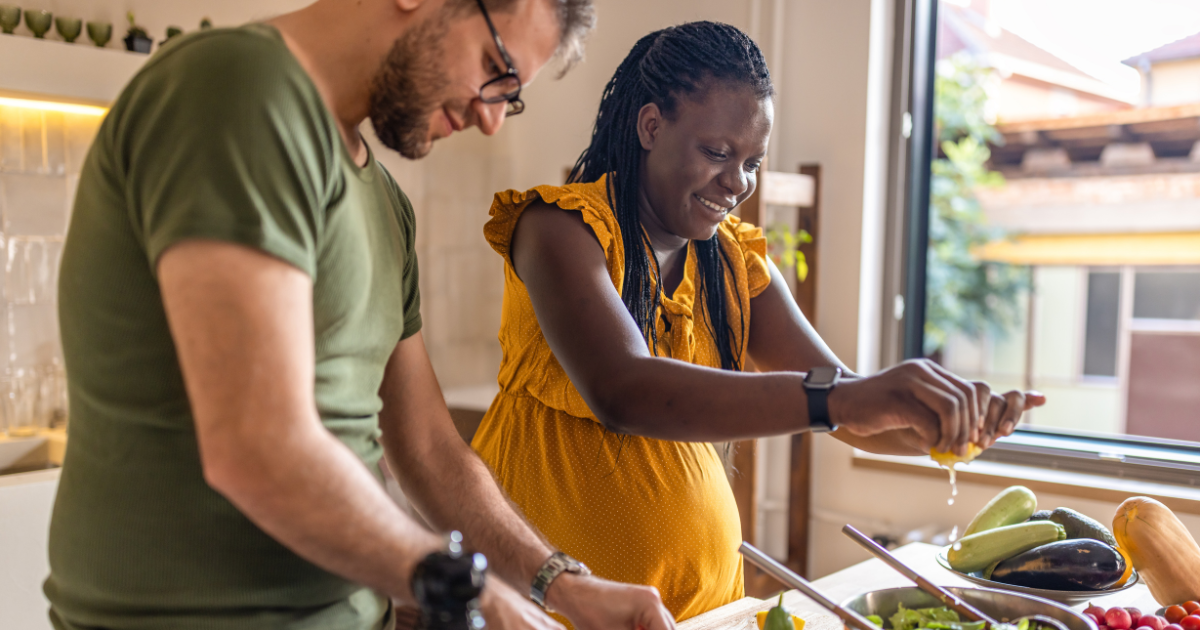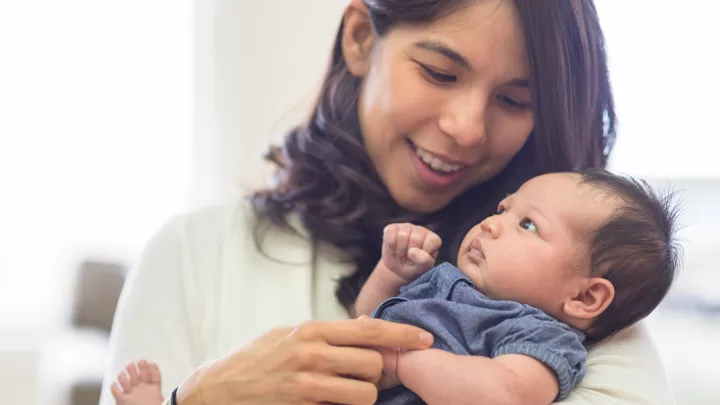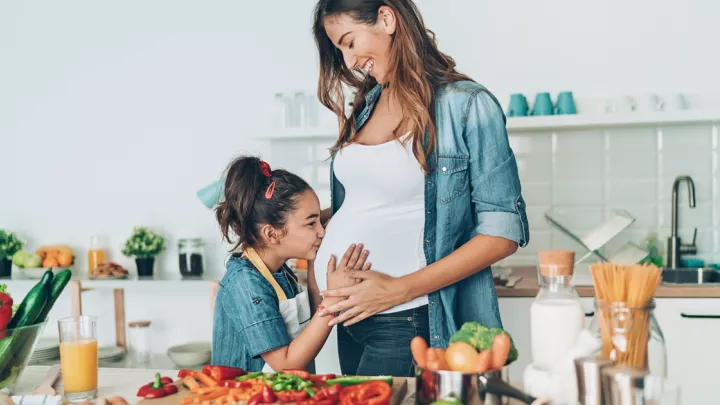You asked, we answered: What to eat when pregnant

Question: What foods are best for pregnancy? And what foods should I avoid if I’m pregnant?
Answered by Nebraska Medicine women’s health expert Heather Ramsey, APRN-CNM:
What to eat – and drink – during pregnancy
While a healthy diet is always important, it is even more critical when you are pregnant. A well-rounded diet can help you maintain a healthy pregnancy weight and ensure your baby gets adequate nutrients.
Put simply, this means you should aim to balance the following:
- Lean proteins like meat, seafood, beans and legumes
- Healthy fats like avocados and olive oil
- Complex carbohydrates and whole grains
- Fruits and vegetables
You should also aim to drink eight to 12 cups – or 64 to 96 ounces – of water every day. Water has many benefits. It aids digestion and helps form the amniotic fluid around the fetus. It also helps nutrients circulate in the body and enables waste to leave the body.
What to limit or avoid during pregnancy
Below is a quick list of foods to avoid during pregnancy:
- Unpasteurized juice or milk
- Unpasteurized soft cheeses like feta, Brie and goat cheese
- Raw or undercooked eggs
- Raw or undercooked seafood
- High-mercury fish like king mackerel, marlin, shark, swordfish and bigeye tuna
- Processed meats like hot dogs and deli meat, unless they are thoroughly heated
- Prepared deli salads like ham, chicken or seafood salad
- Raw sprouts, including alfalfa, clover, radish and bean sprouts
- Unwashed fruits or vegetables
And of course, alcohol is never recommended during pregnancy. Use during this time can increase the risk of premature birth, miscarriage, low birth weight, stillbirth, fetal alcohol disorder and other developmental issues.
You should also limit sweets, sugary beverages and fast food, as they can increase the risk of complications.
While you can still have caffeine during pregnancy, you should limit it to less than 300mg per day. Caffeine is a stimulant that can raise your heart rate and blood pressure, increase heartburn, contribute to insomnia and cause headaches. But coffee and tea aren’t the only culprits. Food and beverages like chocolate, soda and energy drinks also contain caffeine.
Consult your doctor or midwife if you have specific questions about what you should or shouldn’t consume during pregnancy. For more information or to schedule an appointment with a women’s health expert, call 800.922.0000.







